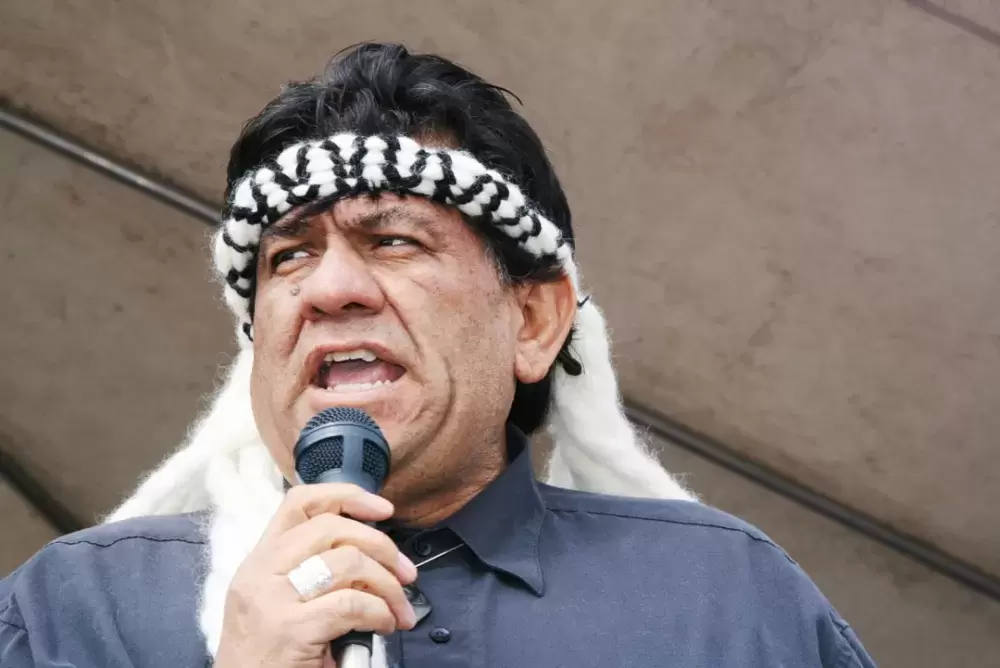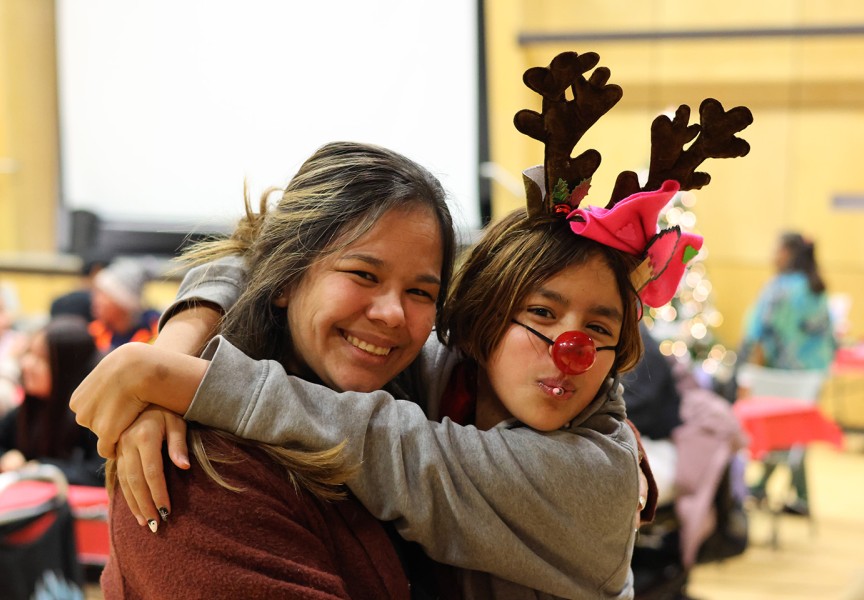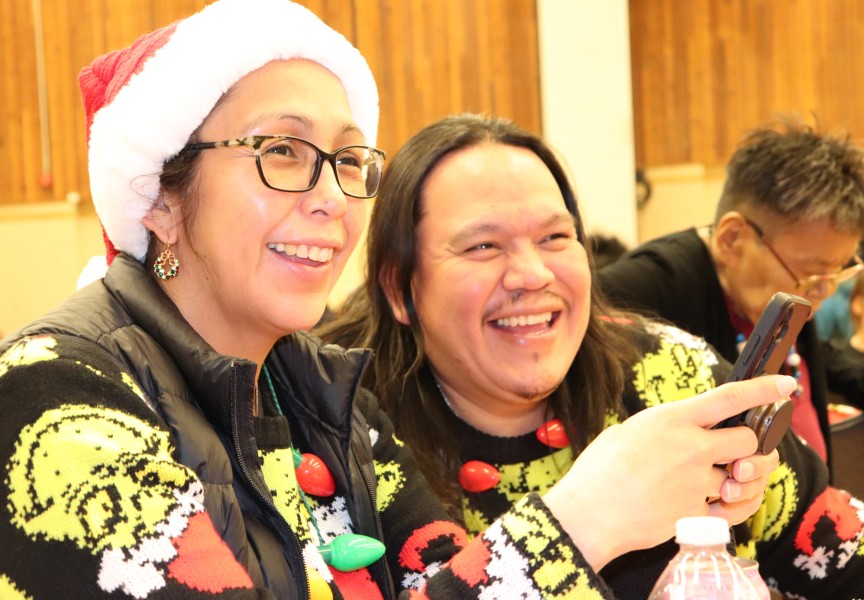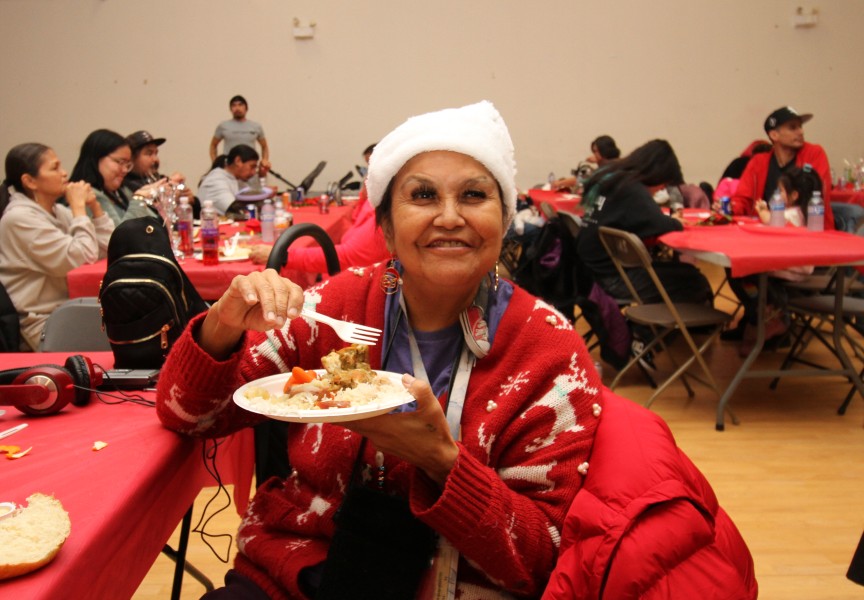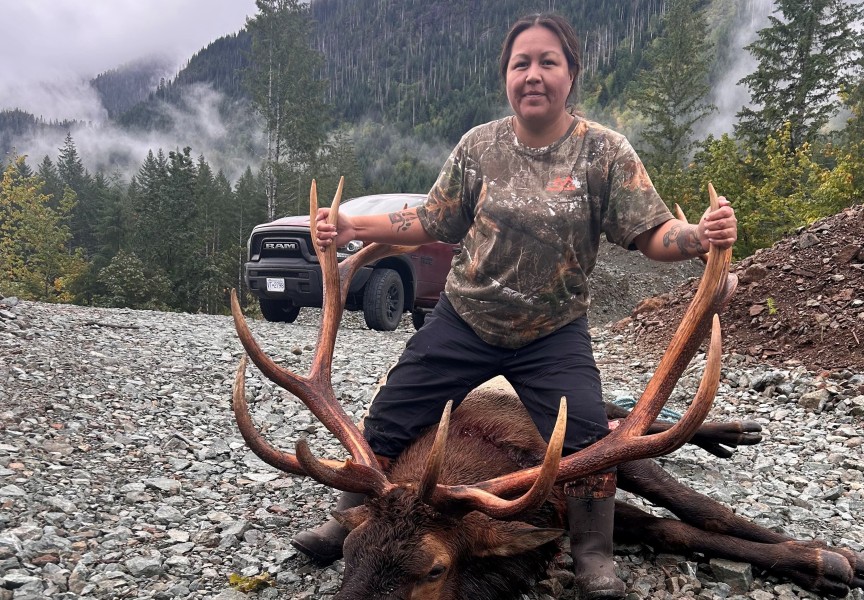In an unprecedented action, the Inter-American Commission on Human Rights of the Organization of American States (OAS) will hear a human rights complaint brought by six British Columbia First Nations, charging Canada with the uncompensated taking of their ancestral territory for the benefit of private forestry and development corporations on Vancouver Island. The Hul’qumi’num Treaty Group (HTG), comprised of the Cowichan Tribes, Lake Cowichan First Nation, Halalt First Nation, Penelakut Tribe, Lyackson First Nation and the Stz’uminus First Nation, has accused Canada of violating the human rights of its 6,400 members by failing to recognize and protect their rights to property, culture and religion, as recognized under the OAS’ principal human rights instrument, the American Declaration of the Rights and Duties of Man. Canada has been a member of the OAS since 1989.
According to Robert Morales, Chief Negotiator for the HTG, Canada, despite repeated protests, continues to permit widespread clear-cutting, deforestation and environmentally destructive development activities throughout their ancestral territory by three major forestry development companies, TimberWest Forest Corporation, Hancock Timber Resource Group and Island Timberlands. The three corporations are the major successors in interest to Canada’s 1884 grant of over 237,000 hectares of Hul’qumi’num lands containing valuable timber, coal and other resources to the E&N railroad corporation. Today, those companies control nearly 190,000 hectares, roughly 2/3 of the HTG members’ ancestral territory. The HTG has submitted extensive evidence to the human rights body documenting the companies’ clear-cutting operations, which it claims go unregulated by the government, while causing the relentless destruction of the traditional way of life, culture, and religious practices of the HTG communities.
HTG’s human rights complaint charges that under Canada’s Comprehensive Land Claims Policy, relied upon by the government since 1973 in negotiating treaties with First Nations, so-called “private lands” owned by the large timber, mineral and real estate development companies are “off the table.” The government refuses to negotiate over the return or replacement of these lands, and, under its land claims policy, will not discuss compensation at the treaty table. HTG also charges that Canada refuses to consult with HTG, as required under well-established principles of international human rights law, before allowing the forestry companies to permanently destroy their lands and resources, with no benefits provided to the HTG First Nations.
Prominent international human rights groups, including Amnesty International, and over a dozen Canadian First Nations governments and organizations, including the Assembly of First Nations (AFN), have filed briefs supporting HTG. First Nations leaders and human rights experts predict that a victory in the case for HTG could throw the government’s entire process for negotiating and implementing treaties involving land claims with First Nations across Canada into serious question.
Robert A. Williams, Jr., a law professor and Director of the Indigenous Peoples Law and Policy Program of the University of Arizona, is representing HTG as lead counsel in the case. He believes that a favorable decision for HTG in the case “will vindicate the position of First Nations leaders and communities throughout Canada that the Comprehensive Land Claims Policy needs to be scrapped in favor of a process that complies with international human rights standards for the recognition and protection of First Nations’ peoples in their ancestral lands.”
Williams also notes that the Commission has already established an important international law precedent on the inadequacies of Canada’s land claims process in ruling HTG’s case admissible, over Canada’s strenuous objections, in 2009. The Commission found that the British Columbia Treaty Commission process, established in 1989 by the government under the Comprehensive Land Claims Policy, had failed to provide an effective or timely remedy to protect the Hul’qumi’num peoples’ rights in their ancestral lands. The HTG has been involved in treaty negotiations with Canada and the province for more than 15 years, and owes over 20 million dollars to the government for the costs of those stalled negotiations.
The case of Hul'qumi’num Treaty Group v. Canada attracted international attention in May of this past year when HTG asked the Commission to issue "precautionary measures" – a form of international human rights injunction – requiring that Canada consult with the group prior to permitting a billion dollar sale of TimberWest Forest Corp. to two government-sponsored public pension funds, the British Columbia Investment Management Corporation and the Public Sector Pension Investment Board. The sale involved the 114,000 hectares of Hul’qumi’num ancestral lands controlled by TimberWest. After news of HTG’s request for precautionary measures was reported widely in the financial press and national news and media outlets, TimberWest’s stock value dropped sharply on the Toronto stock exchange the next day. No other potential buyers for the company came forward during the 60 day “go-shop” period for soliciting higher offers after news of HTG’s action in the case was announced.
The government’s land claims policy and treaty negotiating process have been widely criticized by United Nations human rights fact-finding bodies and legal experts as violating Canada’s international legal obligations to recognize and protect the traditional lands of First Nations. The case brought by HTG will be the first time that the Inter-American Commission on Human Rights has held a hearing on the merits of a human rights complaint challenging Canada’s approach to the recognition of indigenous peoples’ land rights
The hearing will be held at the Commission’s headquarters in Washington D.C. on October 28, 2011, from 9-10 am. Journalists are welcome to attend and do not require credentials to cover this public hearing. Audio recording is allowed but a permit is needed for videotaping. Media questions can be addressed to the Commission's Press Director, Maria Isabel Rivero: (202) 458-3867 mrivero@oas.org

